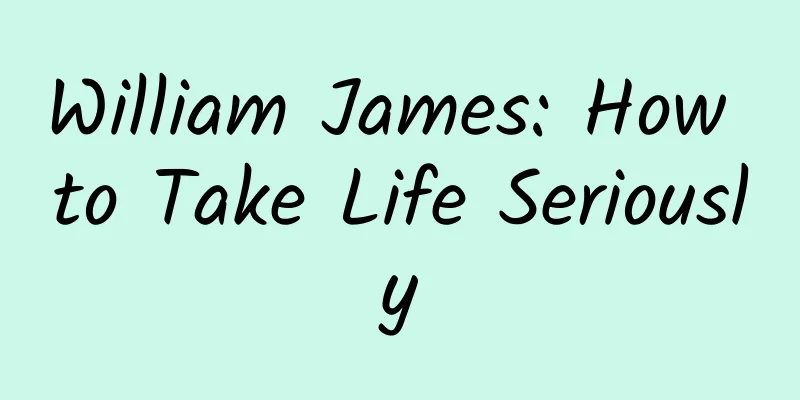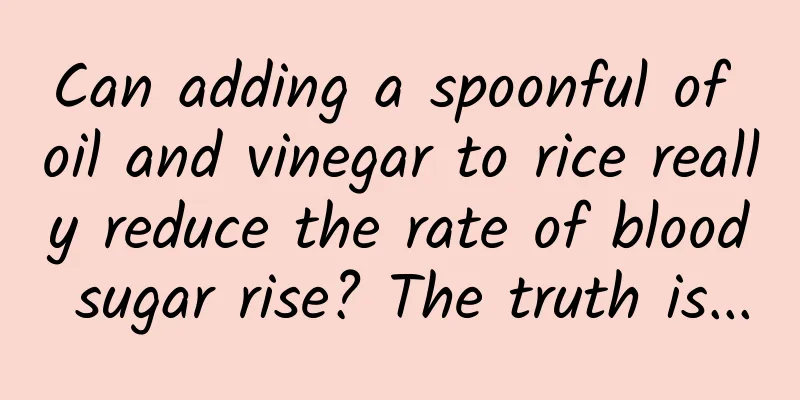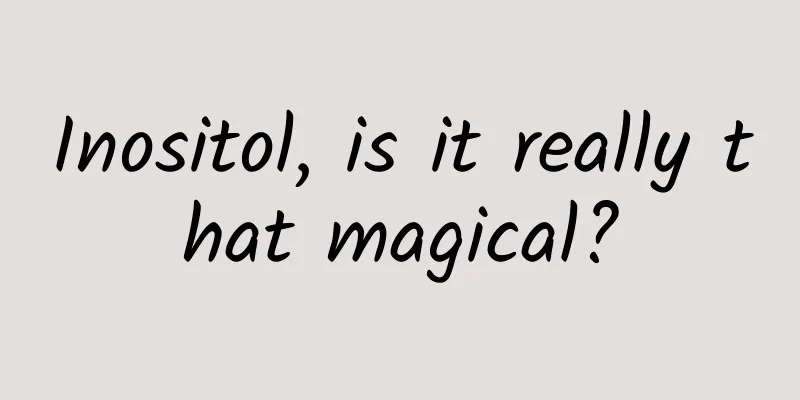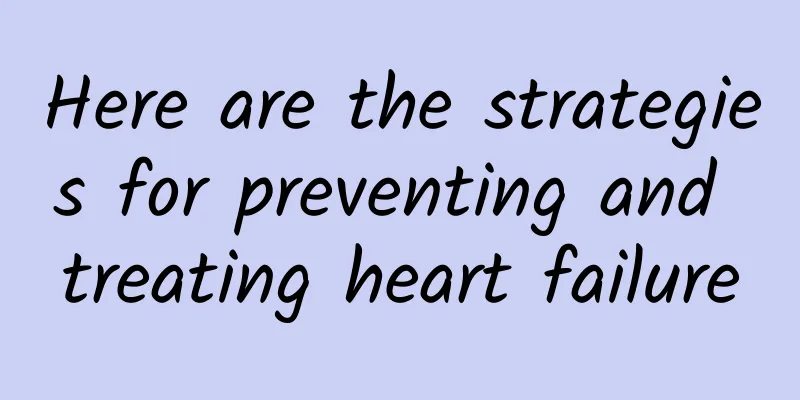William James: How to Take Life Seriously

|
Leviathan Press: In the Chinese context, "belief" and "faith" seem to have subtle differences, but in fact, they both have some of the same meanings as trust. When we say that a person has great faith, it often means that his practice in life is a manifestation of his inner self-confidence. In other words, he has chosen a certain "belief/certainty" and has taken action for it. In this sense, your choice to believe in the "virgin birth" in Christ is not fundamentally different from your choice to believe in science - this choice is just what you think is the best solution in your life. Of course, unwavering belief in something will bring an obvious problem: your knowledge framework gradually overturns your conviction. The disappearance of the optimal solution forces you to face the universal doubts of life again: Is conviction unnecessary? Is doubting everything the right way? But if faith/certainty is gone, how should my spiritual world be constructed? There is an anecdote about William James: he was visiting his brother Henry James in Rye, Sussex. The village is something of a writers’ retreat – HG Wells, Joseph Conrad, Rudyard Kipling, Stephen Crane, Ford Madox Ford and Rebecca West have all stayed there. That weekend, GK Chesterton was staying in the hotel next door to Henry's house. William, who was already in his 60s, was so curious about the young writer that he wanted to get a glimpse of him, so he set up a ladder and peeked over the wall. His brother was shocked - "No one would do such a thing here!" he wailed. The scene partly depicts William's endless curiosity: he climbed over the wall just to get a glimpse of the world on the other side. I read this anecdote in a biography titled William James: In the Maelstrom of American Modernism by Robert D. Richardson. James has always been my favorite philosopher and psychologist. But after reading this biography, I fell even more in love with James' personality and philosophy of life. William James: In the Maelstrom of American Modernism, by Robert D. Richardson. © Goodreads Despite his lifelong propensity for depression, insomnia, and nervous energy, James always embraced a philosophy of optimism, hope, faith, and vitality. He insisted that we are not helpless bystanders in a meaningless universe. We are co-creators of reality, with powers and energies that we do not fully understand or use. And, somehow, the universe cares about how each of us approaches our lives. When people reach their second half of their forties, it is easy for them to turn into middle-aged people with bad tempers. At this time, the above philosophy of life will be of great help and worth keeping in mind. William and his brother Henry William was born into a distinguished family. His father, Henry James Sr., was an unusual religious visionary who rejected institutional religion in favor of his own religious exploration. While his brother Henry had begun his career as a novelist and achieved early fame, William was an erratic and turbulent man. He first trained as an artist, then became a medical student, then switched to studying physiology, and finally decided to focus on the emerging discipline of psychology. William James (right) and his brother Henry James. © ichi.proFor much of his 20s and early 30s, James was suicidal due to depression. One reason was his philosophy of life - he believed in a Darwinian materialist view of reality, which believed that our minds are helpless slaves to mechanical, deterministic processes. Everything we do is ultimately insignificant to the universe. We are "immobilized spectators." But he managed to regain his will to live, thanks to two things. First, he rejected materialistic determinism and chose to believe in free will. He declared: "My first act of free will should be to believe in free will." If "consciousness", which requires high-density energy, actually has no function, he argued, why did the evolutionary process bother to leave it in? He began to develop his own theory of how consciousness functions. He determined that we have a "stream of consciousness" and that we choose to direct it with our attention. The mind is selective - it picks out what to focus on from the noisy stream of information that rushes at us. This selection is guided by what we care about, what we consider important. Our attention then drives our emotions and behaviors. Through our repeated choices and actions, we create habits, and from our habits, we shape our world. He wrote: "The world we feel and live in is always the world that our ancestors and we ourselves have emerged from by slowly accumulating choices, like a sculptor, by abandoning certain parts of a particular material. Another sculptor will make another statue out of the same stone! Another mind, from the same chaos, will perceive another world!" The second thing that changed his life was that he got married. He hesitated and hemmed and hawed, giving his fiancée all kinds of reasons why she might not marry a weird and melancholy bachelor philosopher. But they both made a choice in the end - a leap of faith, and decided to create the world they wanted to live in through their choices and actions. Marriage and family life, plus his long career at Harvard, gave his restless soul a harbor to set out on adventures. He spent more than a decade writing Principles of Psychology, which became the most successful textbook in the emerging discipline and helped define the discipline itself. Among the many interesting ideas in the book is James's answer to the question, "What are emotions?" The Stoic/CBT answer is that emotions are cognitive judgments. For example, we see someone frowning at us (A), and we interpret it with a thought like “she doesn’t like me” (B), which leads to the physical feeling of emotion (C). As Epictetus said, “It is not the event that causes us pain, but our thought about it.” James turned this view on its head. He argued that emotions are not cognitive judgments but physical reactions. We see a bear (A), our body jumps into action, activating our fight-or-flight response (C), and then as we run away screaming, our mind catches up and notices, “I’m scared” (B). Which of these views is true? Both are true. They both offer us powerful ways to regulate our emotions and heal our emotional distress. Sometimes, changing our beliefs can heal us—just as James changed his belief in free will. Sometimes, we can use our bodies to regulate our emotions and mental states. James was fascinated by physical techniques for emotional healing and wrote a book called The Gospel of Relaxation. As he got older, he became more and more interested in religion, spirituality, alternative therapies, and psychological research. He was interested in how religious beliefs and technology could heal people and improve the quality of life. For example, he was fascinated by the Mind Cure and New Thought movement of the 19th century (what we would call the Law of Attraction today) as he watched it sweep across America. It helped people relax their bodies, open their minds, and welcome a torrent of faith and hope from... where? It could be from their "subconscious" or it could be from God. Perhaps, in the end, it didn’t matter where the energy came from; what mattered was that it seemed to work: “The medical mind movement spread not simply through declarations and assertions but because of its remarkable empirical results.” This prompted James to define his pragmatic defense of religious and spiritual beliefs: Act as if the universe cares about you, so that your faith becomes a self-fulfilling, life-enhancing prophecy. At times it almost sounds like The Secret or Think and Grow Rich, and James did provide theoretical support for the early New Thought movement (although it should be said that the early movement was not as crudely materialistic as the later New Thought movement). But there are important differences between James's philosophy of life and The Secret. First, James stressed the importance of action. You can't just sit in your room, think positive thoughts, and expect success to magically materialize. Our reality is co-created through our thoughts and actions. Second, he never had the foresight to propose "toxic positivity." He had a deep sense of the nature of evil, suffering, and spiritual despair. In his most famous book, The Varieties of Religious Experience, he approached religious experience like a zoologist, collecting many different descriptions of religious experience like a garden of mysterious wild animals and then trying to classify them. One of the types he defines is "healthy-minded religion," exemplified by people like Walt Whitman or Napoleon Hill, who always seem optimistic and never see anything negative in the world. This reminds me of The Sunday Assembly - my friend Sanderson Jones is the embodiment of this "healthy-minded religion." Sanderson Jones tells the secular church "Sunday Conference": "Life is good, let's celebrate it." Then there is the "sick soul" who has the profound feeling that "something is wrong with me and the universe." James sums up this religious attitude: "Help me! Help me!" Finally, when the sick soul hits rock bottom, they give up and surrender to the mercy of some higher power. Then, miraculously, "saving grace" seems to begin to flow. It may come from God or it may come from the subconscious. We cannot tell, but we can judge the "fruits" and say that religious experience usually makes people healthier, more energetic, and more alive. This theory inspired Bill Wilson to found Alcoholics Anonymous. Wilson himself had a religious experience and later received a copy of The Varieties of Religious Experience, which convinced him that he could create a program for addicts to encourage them to "surrender to a higher power," even if they were not Christians or did not believe in God. It's hard to say how many people have benefited from Alcoholics Anonymous' twelve-step program—hundreds of millions? James's comparative method in The Varieties of Religious Experience—comparing several personal accounts from different religious traditions and from people belonging to no religious tradition and then pointing out the similarities—has inspired the "spiritual but not religious" community, which often insists that all these different beliefs and experiences point to One Ultimate Reality. James debates with his friend and fellow Harvard philosopher Josiah Royce. Apparently, James was caught on camera yelling "Damn absolutists!" James is more of a pluralist than a perennialist. Every time you try to fit human experience (including mystical experience) into a system, something is left out. Even James's system has its biases - he ignores all collective religious experience. It is therefore difficult for psychology or philosophy to come to firm conclusions. Does religious experience point to a single God, to a central mystical experience? Perhaps not. Why should reality be "one"? Perhaps there are multiple gods, multiple universes (he coined the term "multiverse"). Perhaps religious experience is not a connection to a supreme being, but simply a connection to an intelligence higher than our own. He writes: "I personally do not believe that our human experience is the highest form of experience that exists in the universe; rather, I believe that we are related to the universe as our cats and dogs are to the whole of human life. They live in our living rooms and study rooms, participate in our various activities, but have no idea of the significance of these activities... We are just tangents to the wider life of all things." Of course...if this is the case, then perhaps we are not important to the universe in the end. But then again, a dog is indeed important to the house it lives in! In any case, we shouldn’t be too quick to judge our descriptions of reality. We should be intellectually humble. James always had sympathy for the exceptions, the misfits, the outsiders, the underdogs. Perhaps that’s why he didn’t support eugenics when many of his friends did. He was skeptical of the evil doctors who used pseudoscientific terms like “degenerate” as a “stick” to beat others with. Suffering from depression and panic attacks, James realised there was no clear line between the insane and the sane, which gave him empathy for the sick. In fact, he donated 20% of his income to charity, including a patient-led mental health care reform initiative started by his friend Clifford Beers, who had been hospitalised and wrote about his abuse. What did James ultimately believe? He had no ultimate beliefs. Life was a process, a journey, a quest, and he never gave a definitive, unchanging narrative, or settled on one answer for long. He was always open to new forces and ideas, wary of ossifying into a conservative old guard (a tendency he thought usually began around the age of 25). For example, he was open to the whims of his friend Benjamin Blood, who had written a book about laughing gas, The Anaesthetic Revelation, and claimed to have had a truly religious experience through it. James tried the gas himself and later wrote the famous words: “Our ordinary, waking consciousness…is only a special type of consciousness, while around it, separated from it by the flimsiest of barriers, lie quite different potential forms of consciousness.” These other states of consciousness—trance, reverie, dream, and ecstasy—also have their adaptive functions. James claimed this, but most psychologists and psychiatrists insisted that mystical experiences were evidence that you were mentally ill. He met Freud and Jung in 1909, the year before he died. He thought Freud’s ideas were a bit stiff, but he found the latter’s younger followers more congenial, especially on the topic of the value of religious experience. Naturally, this was a topic on which Jung would increasingly diverge from Freud. Perhaps we could define James's "overfaith" as the belief that our minds are connected to some "cosmic consciousness." Our conscious selves are like islands in an archipelago, potentially connected to each other and to some higher benevolent power. Maybe our souls survive death, we can't be sure. But here, on Earth, we can try to give our best, tap into our untapped energies and powers, and act as if what we do matters to the universe. As I read this, I went for a walk in Hyde Park and was reminded of what it felt like to be a Christian (I tried to become one for about a year in 2013). I remember what it felt like to believe that God existed: a benevolent, high power who cared about me and how I lived my life. This was incredibly energizing. In fact, certain experiences in my life have confirmed this belief for me. I need to be reminded of this when I feel myself becoming increasingly jaded and cynical. James's philosophy isn't perfect—it's too individualistic and a little too close to books like The Secret for comfort. But it says something very important and energizing: Try to live up to our full potential, as if what we do matters to the universe (or God). We can't be sure that's the case. But we can act on that belief. Richardson's admiration for James is evident at the end of his biography. "This man had a spirit of unparalleled intensity!" he writes. He tells us that when James finished his last lecture in the Varieties of Religious Experience series, the audience at Edinburgh University broke into a spontaneous chorus of "For He's a Jolly Good Fellow." We all said the same thing. By Jules Evans Translated by Kushan Proofreading/Rabbit's Light Footsteps Original article/julesevans.medium.com/william-james-on-living-life-as-if-it-mattered-52db7f18471b This article is based on the Creative Commons License (BY-NC) and is published by Kushan on Leviathan The article only reflects the author's views and does not necessarily represent the position of Leviathan |
<<: What kind of fish is chopped pepper fish head? How to make chopped pepper fish head
Recommend
What happens if transparent leucorrhea contains blood?
Women's leucorrhea is generally transparent, ...
Will toothpaste produce "drug resistance"? Do you need to change it frequently? The truth is...
Are you used to using the same toothpaste all the...
Can women lose weight by drinking yogurt after a meal?
When it comes to losing weight, it can be describ...
How to reduce a woman's big belly
For girls, the abdomen has many very important or...
Pelvic inflammatory disease treatment method
Moxibustion is currently a popular treatment meth...
How long does it take to recover from pregnancy-induced hypertension?
Pregnancy-induced hypertension is a unique diseas...
Is it better to show your pregnancy or not?
The visible or non-visible belly may be related t...
Can chocolate cysts be treated with moxibustion?
Chocolate cyst is a type of tumor in the female u...
Foods that promote implantation after ovulation
The implantation of the fertilized egg is the ent...
Is it harmful to take X-rays when you are pregnant?
Regular physical examinations can effectively hel...
The correct way for women to wear underwear
Many women just put on their underwear randomly. ...
Polycystic ovarian follicles
Polycystic ovary syndrome is a very common diseas...
Clomiphene pregnancy success rate
Even if clomiphene is taken orally to promote ovu...
Snapchat's daily active users may reach 150 million, surpassing Twitter
Snapchat Snapchat, the photo-sharing app that disa...
What should I do if I have an itchy throat and cough during pregnancy?
We all know that there are many dietary and behav...









